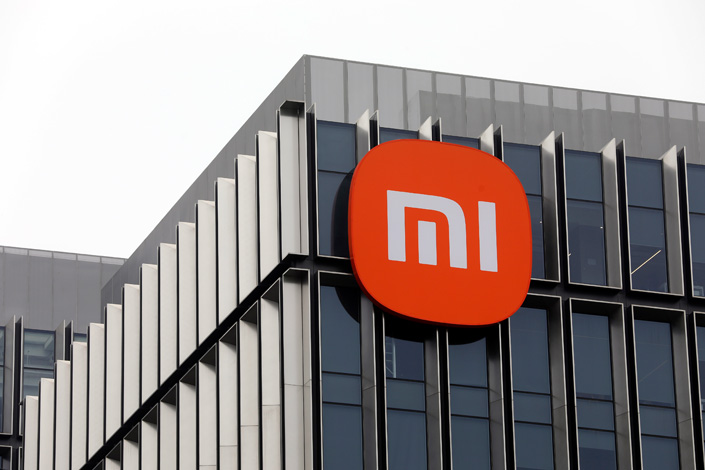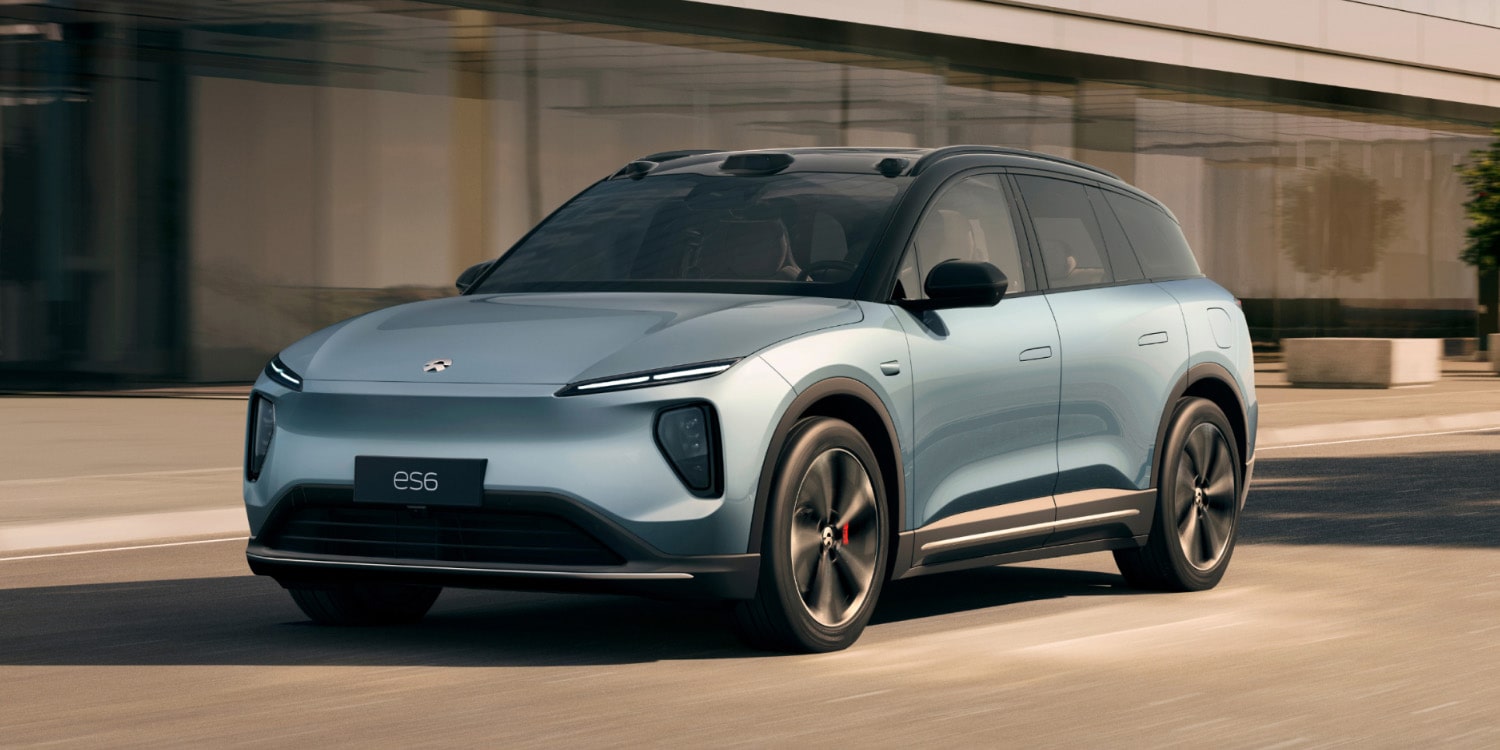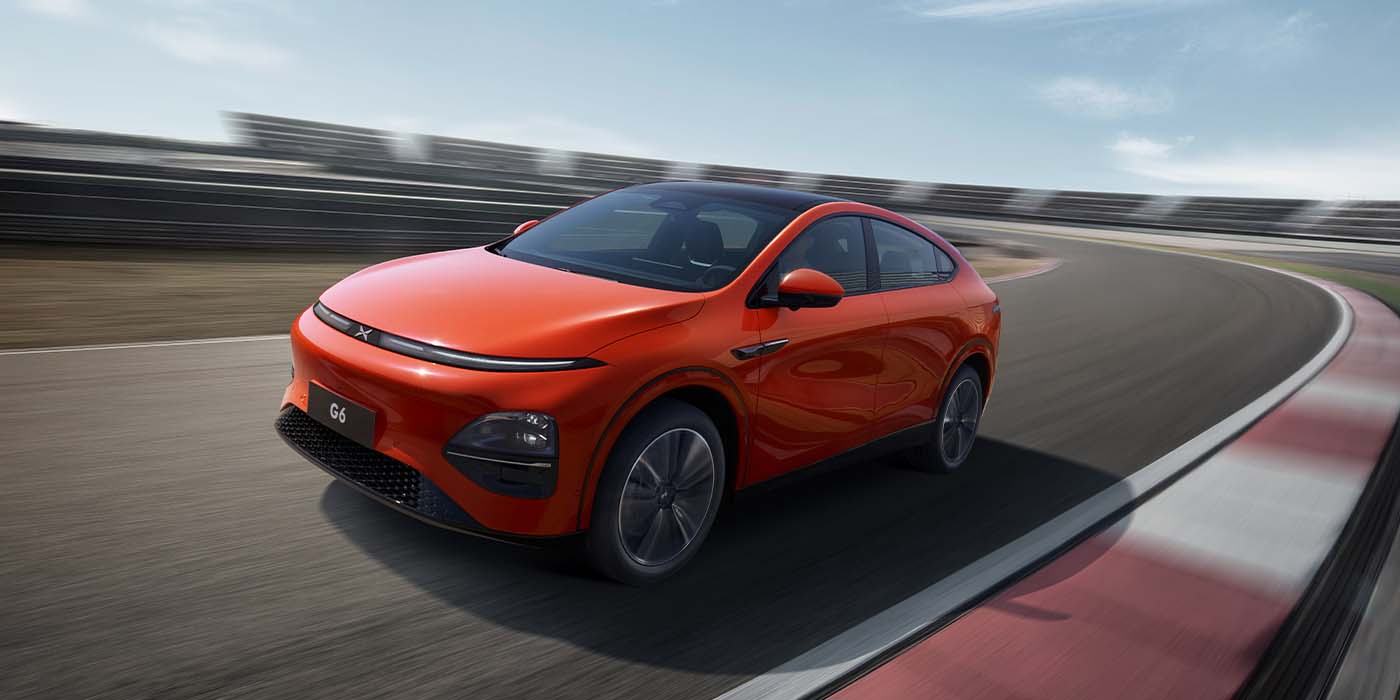In its second-quarter financial report, Chinese smartphone manufacturer Xiaomi Corp revealed a 4% decline in revenue, reflecting the contraction of China’s smartphone market. However, the company’s foray into the realm of electric vehicles (EVs) exhibited promising progress, outpacing initial projections.
The reported sales figures settled at 67.4 billion yuan (approximately USD 9.2 billion), a slight drop from the previous year’s 70.17 billion yuan during the same period. Despite this decline, the numbers surpassed the expectations of analysts, who had estimated sales of 65.13 billion yuan.
See also: Xiaomi Gains Approval to Produce 100,000 Electric Vehicles Annually, Sets Sights on Thriving Market
Contrastingly, net income painted a more favorable picture, surging by an impressive 147% from 2.08 billion yuan in the corresponding period a year ago to reach 5.14 billion yuan. This boost was attributed to strategic cost-cutting endeavors and enhancements in operational efficiency, especially within the company’s brick-and-mortar stores.
Xiaomi President Lu Weibing addressed the company’s performance in the context of a challenging global macroeconomic landscape during an earnings call. He emphasized Xiaomi’s steadfast expansion efforts, even in the face of adversity.
“We acknowledge the prevailing macroeconomic challenges across the global market, yet we remain steadfast in our commitment to extending our global presence,” Lu stated.
He further underscored the company’s resilience in comparison to some competitors who had opted to withdraw from certain markets amidst these challenges. Lu declared that regardless of the difficulties that lie ahead, Xiaomi is resolute in solidifying its influence across various regions and markets.
See also: Xiaomi’s EV Division Adopts CALB and CATL as Key Battery Suppliers
In the backdrop of a diminishing demand for smartphones within China, the second quarter bore witness to a 5% decline in consumer demand, amounting to 64.3 million units, as reported by Canalys, a reputable consultancy specializing in monitoring the smartphone sector.
Xiaomi’s own shipments felt the impact, plummeting by 19% to 8.6 million units. Simultaneously, the Indian market, a crucial overseas arena for the company, experienced a 22% drop in shipments, tallying at 5.4 million units, according to Canalys’ findings.
In response to the waning smartphone sales, Xiaomi has charted a strategic shift toward electric vehicle manufacturing. Reports from Reuters earlier this month indicated that the company secured approval from China’s state planner for this venture. Xiaomi has committed a substantial USD 10 billion investment over a ten-year span into its EV initiative.
See also: Xiaomi on Track to Begin Mass Production of Cars in H1 2024
Lu affirmed the company’s steadfastness in adhering to its timeline, as it aims to initiate mass production of electric vehicles by the first half of 2024. Moreover, he divulged that the company’s progress in this ambitious endeavor has surpassed both expectations and the original production schedule.







